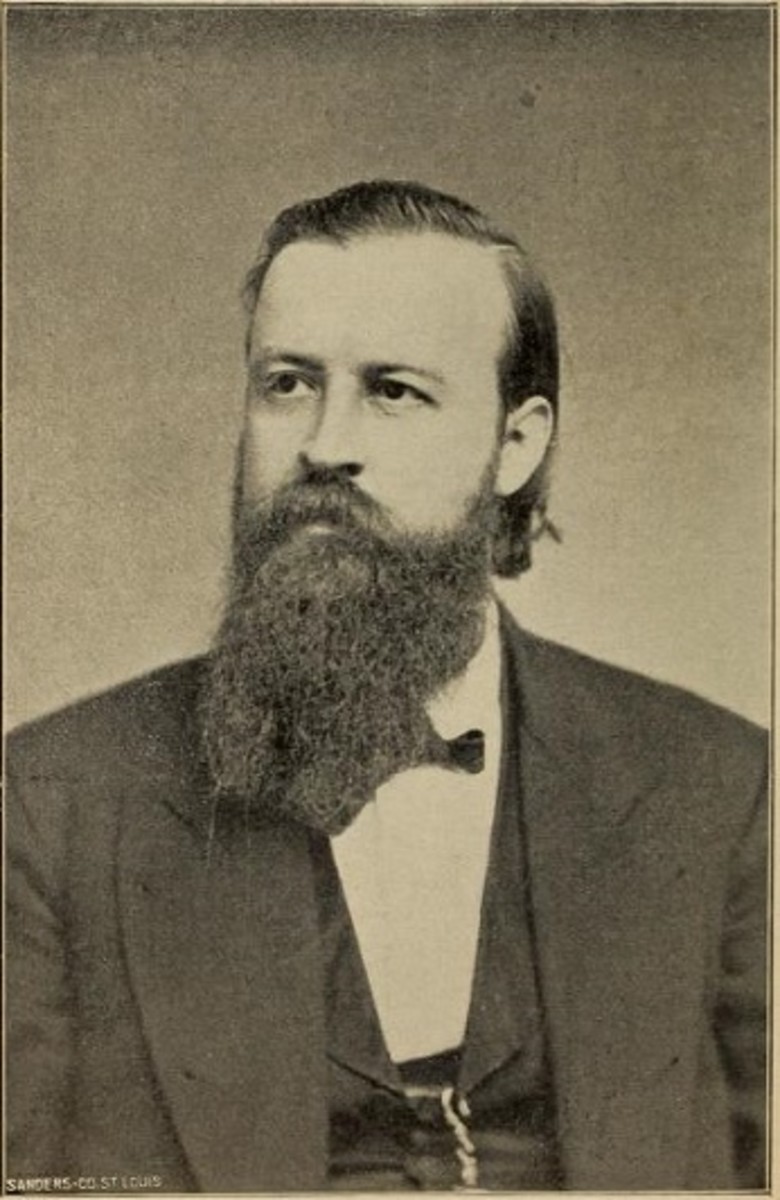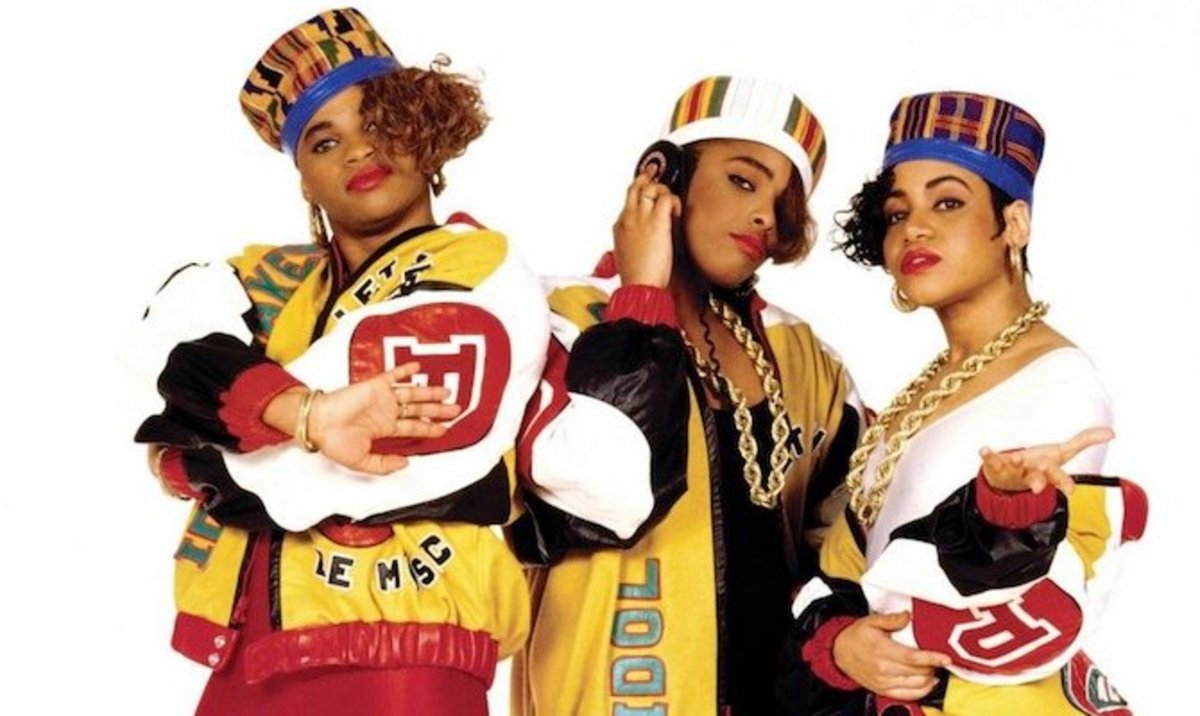The Origins of Hip Hop
Hip Hop as a Social Movement
Today, most people do not think of hip hop as a social movement. Instead, it is commonly misunderstood as just another sub-culture for urban youth that became popularized in the early 1980’s. However, hip hop was originally a social movement that revolved around a culture of protest and freedom of expression. Sociologists Jeff Goodwin and James Jasper define a social movement as “conscious, concerted, and sustained efforts by ordinary people to change some aspect of their society by using extra-institutional means."
Kool Herc


Do you consider hip hop to be a social movement?
Kool Herc and the Beginning of Hip Hop
In the early 1970's, a Jamaican disc jockey known asKool Herc moved from Kingston to the South Bronx borough in New York City. Here, he attempted to incorporate his Jamaican style of disc jockeying, which involved reciting improvised rhymes over the dub versions of his reggae records. Unfortunately, New Yorkers were not, at first, very responsive to the reggae genre. Thus, Kool Herc adapted his style by chanting over the instrumental or percussion sections of funk records. Because these breaks were relatively short, he learned to extend them indefinitely by using an audio mixer and two identical records, in which, he continuously replaced the desired segment.
As the legend goes, Herc and other disc jockeys would illegally tap into the power lines to connect their equipment and perform in abandoned buildings and basketball courts. During the 1970’s, most of the original hip hop musicians lived in poverty-ridden areas of the South Bronx. Several factors contributed to the decay in this borough of New York City, such as white flight, landlord abandonment, and a major shift in economic demographics. Hip hop music became extremely popular in this neighborhood because it was an art form accessible to anyone, regardless of wealth or status. More importantly, its message offered young, disadvantaged, New Yorkers a chance to freely express themselves during a period of significant economic hardships.



Islam and Hip Hop
At the same time, pamphlet teachings of an Islamic organization called the Nation of Gods and Earths began to circulate widely through African-American neighborhoods in the South Bronx. The N.G.E were the next generation of the Nation of Islam, whose teachings had shaped leaders in the African-American community like Malcolm X and Muhammad Ali. The newer school was initially founded in 1964, by a Harlem student minister known as Clarence 13X, who was referred to as “the father.” Clarence 13X was looking for a quicker and more powerful way to bring those teachings directly to America’s black youth, so he condensed the Nation’s Lost-Found Lessons into a philosophical core called the 120, which formed the basis of the Lessons taught by the Five Percent Nation in New York.
The Nation of Gods and Earths provided spiritual and scientific lessons in order to help young, disadvantaged, African-Americans understand their relationship to the universe. The RZA, a hip hop founder and elder member of the N.G.E, wrote in his autobiography, The Tao of Wu, that:
The [N.G.E.’s] method of instruction has power of its own. When the father brought these lessons to lost and confused young black men like me, he was promising a transformation that the lessons actually provide. The fact is, if you get through the rigors of study with the Gods, you truly are a different person.
This quote is important because it identifies that religious education was a tool of empowerment for the poor, black youth of the hip hop generation. Furthermore, the quote suggests that lost and confused inner-city youth collectively identified with one another as being part of the same struggle. Goodwin and Jasper write that this “feeling of being part of a broader group can be exhilarating, providing a major incentive for collective action”. Without the system of learning put in place by the Nation of Gods and Earth, the hip hop movement would not have been able to effectively organize, protest, and change many aspects of their daily life through music.

Hip Hop Today

Do you like hip hop music?
The Hip Hop Movement
Unfortunately, most people still do not think of hip hop as a social movement. This is, in part, due its commoditization over the past two decades by American media. Commercial rap, a form of music that stemmed from hip hop culture, began to romanticize the dangerous and drug-fueled life within the ghetto. This was a fundamental shift in the original values of the hip hop community and movement, which always had protested the atrocious social living conditions of inner-city youth in New York.
However, hip hop was originally a social movement that revolved around a culture of protest and freedom of expression. It was a response to historic oppression and racism, as well as, an educated system for communication among black communities throughout America. Furthermore, the Nations of Gods and Earths were crucial to the empowerment and intellectual development of the founders of the hip hop movement in New York City. While the state of the hip hop movement in today’s society is in rapid decline, it is not too late to restore it back to its original values and messages.








